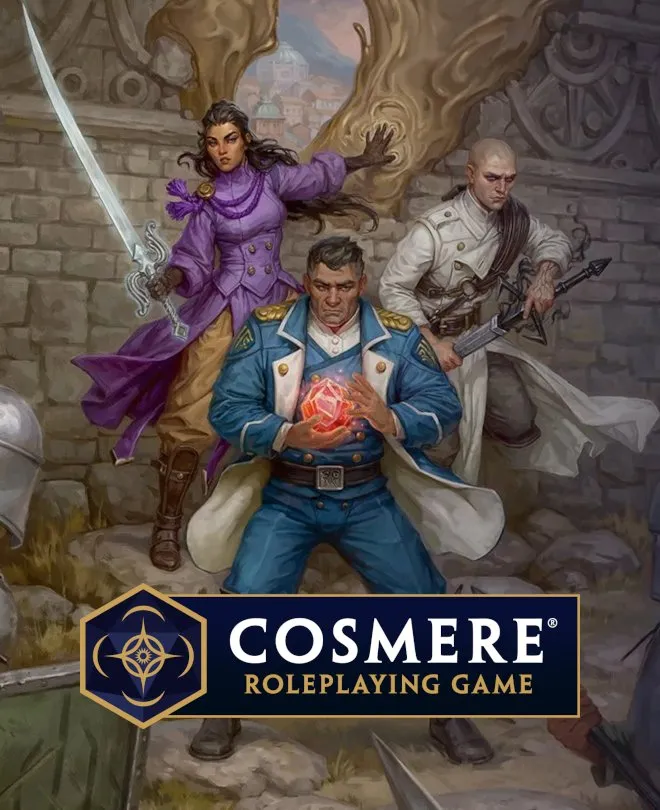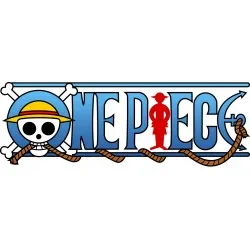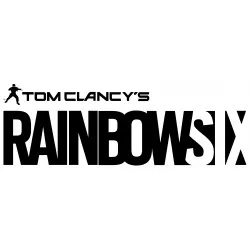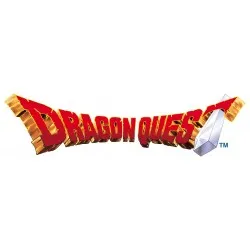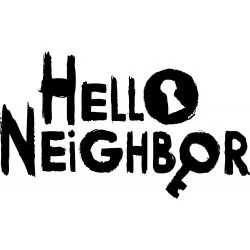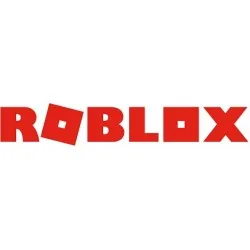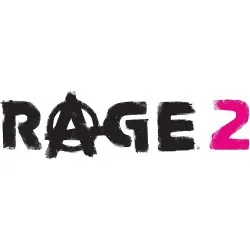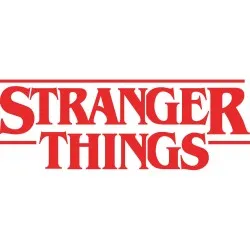The Rise of Effortless Consumerism

This isn’t a rant about customers or even a complaint. It’s an observation. A shift we’ve noticed not just in others, but in ourselves too. Because the truth is, we all fall into this mindset from time to time. We’re all drawn to convenience. We’ve all been subtly taught to expect more with less effort. This post is just an attempt to pause, take stock, and ask Is this always a good thing?
How Convenience Culture Made Us Entitled
I recently came across a customer review of a washing machine where the buyer simply didn’t like it. Nothing was broken, nothing faulty; it just didn’t meet their expectations. And yet, the retailer (AO) offered a no-quibbles exchange. No pushback, no reason needed.
It stuck with me. What happened to doing your research before a purchase? What happened to taking responsibility for your choices?
This kind of customer experience has become the norm, and it's reshaping how people shop, for better and for worse. Welcome to the age of effortless consumerism.
What Is Effortless Consumerism?
Effortless consumerism is the idea that shopping should require zero friction, zero risk, and increasingly, zero thought. If something doesn’t work out, even if it’s not the seller’s fault, the business is expected to make it right, instantly and at their expense.
Big companies have trained customers to expect:
- Next-day delivery as standard
- Free, no-questions-asked returns
- Instant refunds through automated systems
- Flexible, open-ended purchasing with no commitment
And it's easy to see why customers love it. It's convenient. It feels low-risk. But over time, it quietly erodes ownership, accountability, and even respect for the transaction.
Where Did This Come From?
It didn’t happen overnight. Over the last 15 years, tech giants and online marketplaces rewrote the rules of shopping. Amazon Prime taught people that fast is normal. Apple made returns seamless. Online clothing brands encouraged "buy now, decide later." And digital products, from games to apps, began offering refund windows based on playtime.
All of this created a mindset that you don’t need to be sure anymore, just buy it, and if you don’t like it, it’s someone else’s problem.
The Impact on Small Businesses
At Itemdrop, we see this attitude all the time. Customers who:
- Expect a full refund on a game because they "just didn’t enjoy it"
- Ask us to price match online giants who sell below our margin
- Want obscure or discontinued items immediately in stock, or lose patience if we can’t deliver like Amazon
We’re not upset by people having expectations; it’s the disconnect that’s hard. The idea that an independent, family-run store should be able to mirror the same speed, stock levels, or financial flexibility as a billion-pound corporation just doesn’t add up.
We offer something different: personal curation, experience, reliability, and real support. But when convenience is all that matters, that value often goes unseen until something goes wrong at a big box store.
Entitlement vs. Responsibility
It’s one thing to expect good service. It’s another to expect perfection without effort.
"The customer is always right" becomes toxic when it turns into: "I don’t have to think, the business owes me happiness."
That’s not a fair or sustainable relationship, especially for small retailers doing their best to compete in a world that’s increasingly tilted.
So What’s the Solution?
It’s not about blaming consumers; most people aren’t trying to be difficult. But maybe it’s time to reframe the relationship between buyer and seller.
- Take a moment before you buy. Do the research, ask questions, and read the label.
- Support small businesses where you can. We don’t just sell, we advise, fix, and care.
- Value service, not just convenience. A real person on the end of the phone or behind the counter? That’s rare these days.
Effortless consumerism isn’t going away, but it doesn’t have to replace thoughtful, meaningful shopping.
Because at the end of the day, it’s not just about getting what you want. It’s about valuing who helped you get there.










